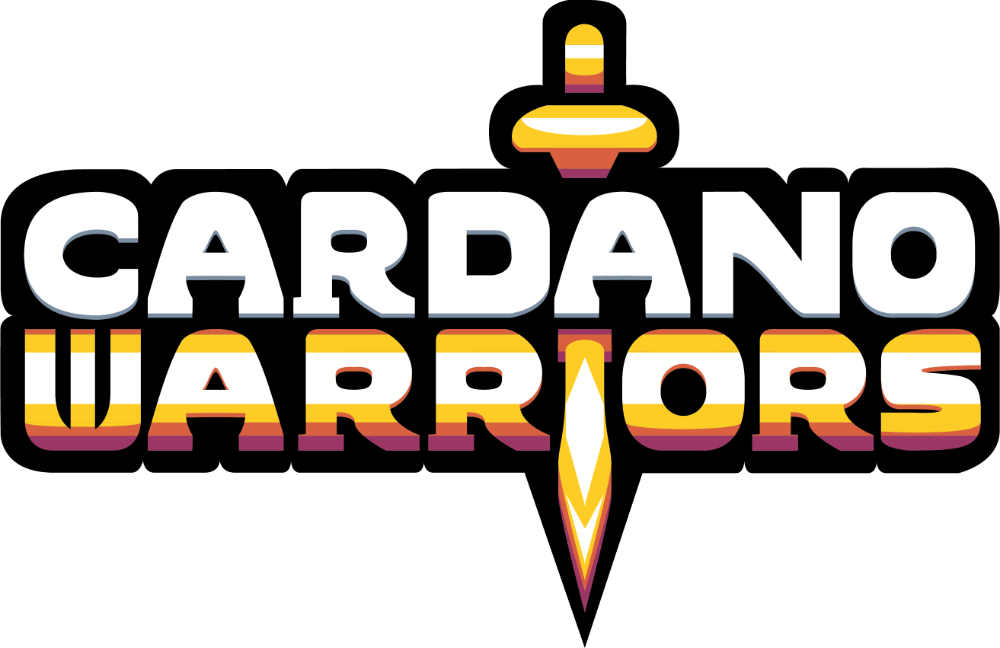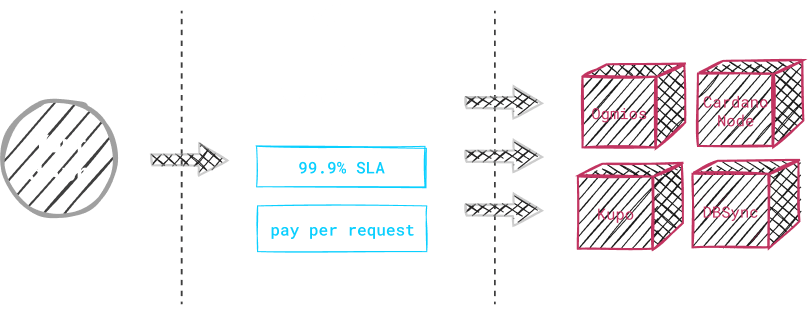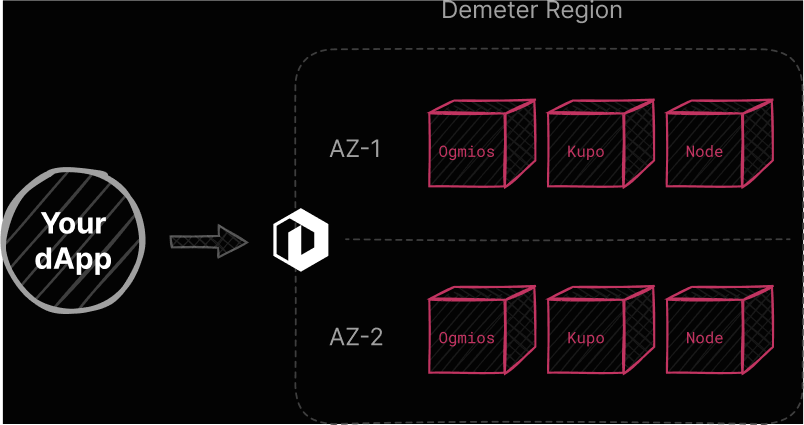Serverless Middleware for Cardano

TRUSTED BY THE BEST CARDANO TEAMS












Forget about Infra
Demeter is infrastructure made easy. We take care of monitoring, security, version upgrades so that you don't need to. Focus on your dApp, we've got you covered.

Scales to Zero
Demeter scales to your needs. Make use of multiple load-balanced instance when you need high throughput. Pay $0 when you don't need it.
Node
Kupo
Ogmios
DB-Sync
$ 1.20
$ 0.09
$ 0.23
$ 0.64
x 24hs x connection
x 100k request
x 100k request
x 24hs x connection
99.9% SLA
Demeter focuses on high-availability. All products are provisioned using active-active redundancy across multiple availability zones in each of our regions.
For devs, by Devs
Manage all your endpoints from the comfort of your terminal. Install Demeter CLI using the following command to get started.
curl -L https://demeter.run/install/dmtrctl.sh | sh



